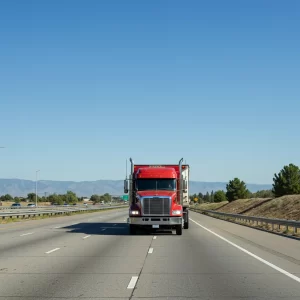
How Do Emission Control Systems Work on Trucks?
Understanding Truck Emission Control Systems | A Driver’s Guide
California has very strict rules for older diesel trucks. The California Air Resources Board, or CARB, runs programs like the Clean Truck Check Heavy-Duty Inspection and Maintenance (HD I/M) Program and the CARB Clean Truck Check Program. These programs make sure that trucks over 14,000 pounds are tested for pollution and follow all emissions rules. Fleets with diesel trucks, hybrid trucks, alternative fuel trucks, or zero-emissions vehicles must test their trucks regularly, keep emissions systems working, and send their results to CARB. Trucks from other states that drive in California also have to follow these rules. If a truck does not follow the rules, the company can get big fines, DMV registration blocks, or may not be allowed to operate.
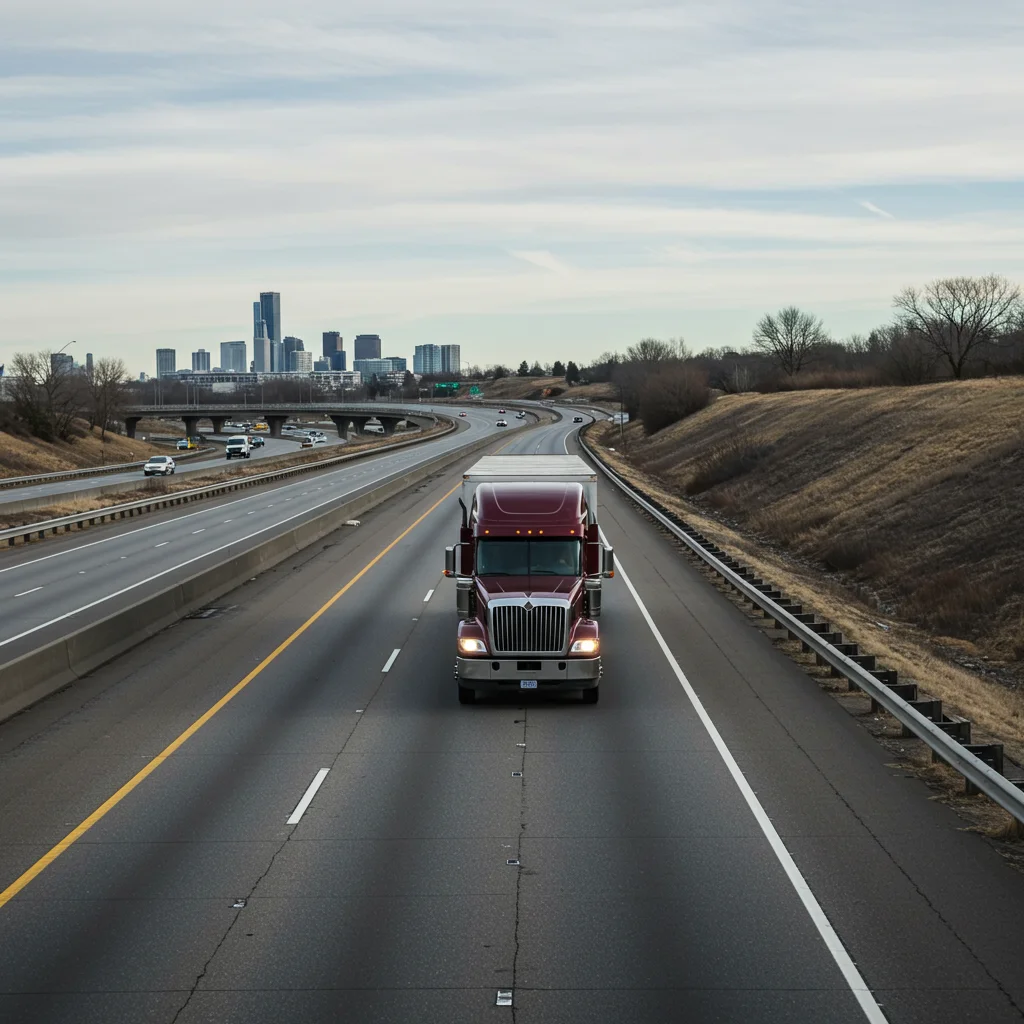
Older diesel trucks cause a lot of pollution even though they are only 3% of all vehicles on California roads. They produce more than 50% of pollution from vehicles. CARB makes sure trucks are tested with programs like the Portable Emission Acquisition System (PEAQS), automated roadside emissions monitoring, and Onboard Diagnostics (OBD) systems. These tests find trucks that pollute too much and make sure emissions systems work properly. Both diesel and gasoline trucks must follow these rules. Fleets use special tools like OBD scan tools, telematics devices, smoke opacity testing, and visual inspections to track emissions. Certificates of compliance must be kept in the trucks. These rules help protect public health, reduce hospital visits, and lower deaths from air pollution. Learn more about Clean Truck Check In Los Angeles, CA.
Some trucks do not have to follow all CARB rules. These exemptions are for emergency vehicles, military tactical vehicles, motorhomes from other states, historic vehicles, experimental vehicles, and new trucks with engines that meet the strictest NOx standards. Fleet managers need to check which trucks are allowed to be exempt and keep all documents ready. If a truck is not exempt but does not follow the rules, fines can be up to $10,000 per vehicle per day. These exemptions make it easier to run special trucks while still protecting the environment. Learn more about Clean Truck Check In Lawndale, CA.
California also has rules for the age of trucks. Older trucks, like those made before 2010, have stricter emissions limits and may need to be replaced or updated. Deadlines for compliance depend on truck type, weight, and how the truck is used. Some fleets will have quarterly testing starting in 2027. Fleet managers must register trucks with CARB, pay the annual Clean Truck Check fee, and send all testing results to CARB on time. Keeping certificates up to date is very important to avoid DMV registration blocks or stopping trucks from other states from operating. Learn more about Clean Truck Check In March Field, CA.
Some older diesel trucks can get low-use or limited mileage exemptions. These trucks drive fewer miles each year. Fleets must track mileage and emissions carefully using tools like telematics devices or OBD scan tools. Even exempt trucks must keep emissions systems working and have certificates in the truck. These exemptions help fleets run older trucks without causing too much pollution. Learn more about Clean Truck Check In Martinez, CA.
Some farm and historic trucks can also get special exemptions. Farm trucks used in rural areas and historic trucks used for shows or parades may not need regular testing. Even so, these trucks still have to be registered, keep certificates, and sometimes report emissions data. These rules let fleet managers use older vehicles safely while still reducing pollution and keeping public health safe. Learn more about Clean Truck Check In May, CA.
Trucks that do not follow California rules can get big fines. Each truck can cost up to $10,000 per day if it does not follow the rules. Non-compliant trucks can also be blocked from DMV registration or told not to operate in California. Trucks flagged for not following the rules may get a Notice to Submit to Testing (NST) and must test at a certified facility. Fleet managers need to keep certificates, do quarterly or semi-annual testing, and teach drivers about the rules to avoid fines and keep the fleet running smoothly. Learn more about Clean Truck Check In Mead Valley, CA.
Following CARB rules can also help fleets work better. Regular testing and monitoring using telematics devices, PEAQS inspections, and Clean Truck Check Testers can find high-polluting trucks and improve performance. Proactive maintenance helps trucks use less fuel, idle less, and plan better routes. By following the rules while running efficiently, fleets can reduce health risks, save money on repairs, and improve overall reliability. Learn more about Clean Truck Check In Mecca, CA.
California gives many tools to help fleet managers follow the rules. Online training videos, exams for Clean Truck Check Testers, telematics devices, and emissions diagnostic reports help fleets submit results to CARB and get certificates. Fleet managers, mechanics, mobile diesel techs, and owner-operators can use these tools to make sure all trucks follow the rules. Programs like the HD I/M Program and CARB Clean Truck Check Program give health and economic benefits and help fleets stay proactive with compliance. Learn more about Clean Truck Check In Mesa Verde, CA.

Understanding Truck Emission Control Systems | A Driver’s Guide
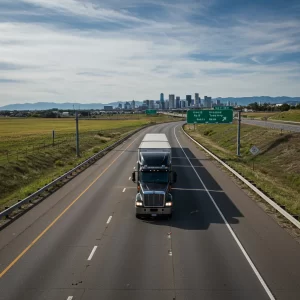
What is the Lifespan of Truck Emissions Components | Guide to Durability and Replacement
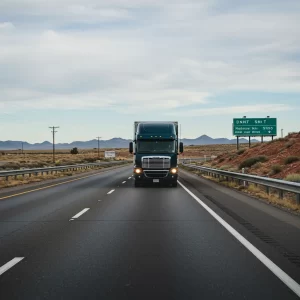
Are New Diesel Trucks Reliable with Emissions Systems | What You Need to Know
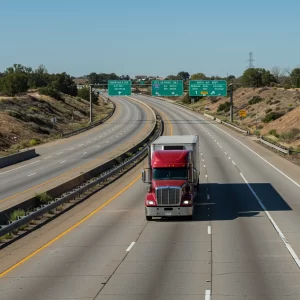
Truck Emissions Maintenance | How to Reduce Pollution and Boost Efficiency
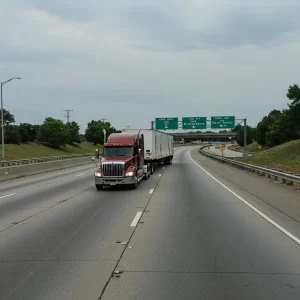
Reduce Truck Emissions | Practical Ways to Lower Your Carbon Footprint
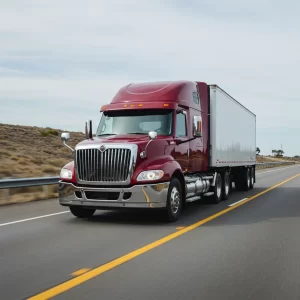
What Causes High Diesel Emissions | Key Factors You Need to Know